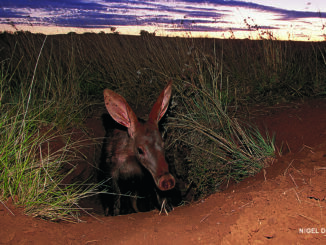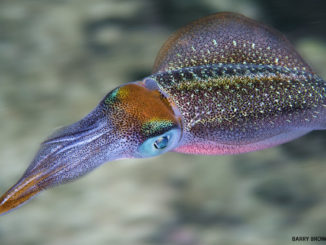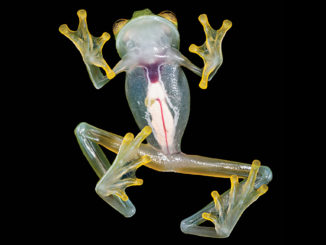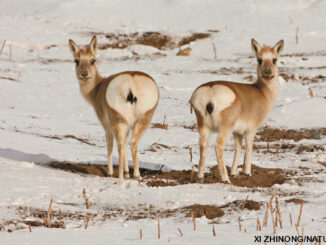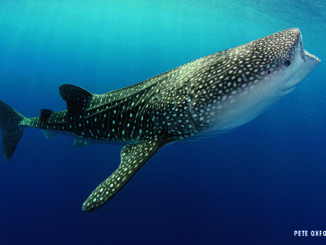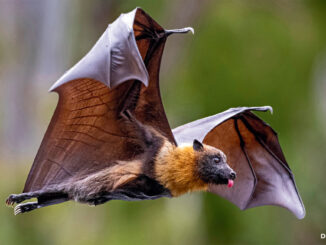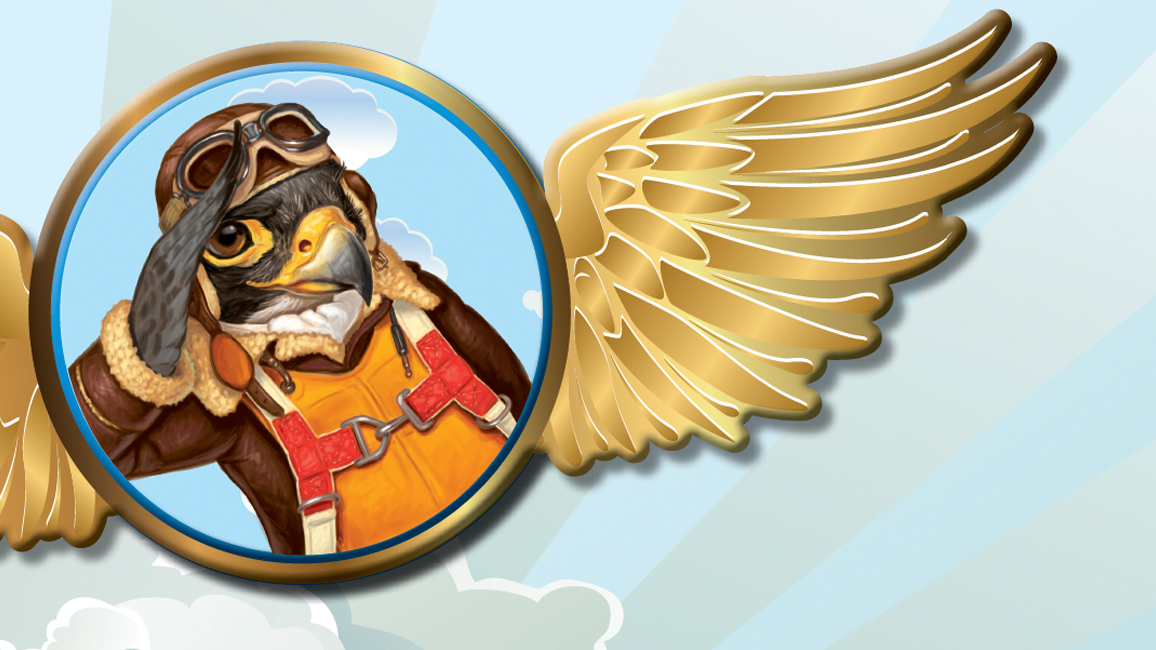
Flying Aces
By Ellen Lambeth; photos by Dave CleggEveryone knows birds can fly. But not everyone knows that certain birds are really, really good at it. Meet a few of these champions of the skies.
Fastest (on the level)
Swifts are birds that have that name for good reason: They’re speedy! The swiftest bird using its own flapping-wing power is the common swift of Europe, Asia, and Africa (below). It’s been clocked at nearly 70 miles per hour. That’s the speed limit for cars on some highways. Vroom-vroom!
Fastest Migration
Imagine taking a trip of about 4,200 miles. Sure, you could easily do it in an airplane. But a great snipe did it on the wing in just three and a half days! That means it averaged about 60 miles per hour during its migration between northern Europe and central Africa. That would sort of be like your family taking a car trip from Alaska to Florida without taking time to stop for food, sleep, or gas.
Highest
You don’t have to be a lightweight to fly high. Just look at a Ruppell’s griffon vulture. One was recorded flying at an altitude of 36,000 feet. That’s as high as passenger planes fly! In fact, it’s so high that you would pass out from lack of oxygen if you weren’t inside a plane. How does the vulture manage? It has special blood cells that make a small amount of oxygen go a long way.
Fastest (in a dive)
With gravity helping out, a bird can pick up extra speed. And no bird can go faster than a peregrine falcon in a dive after prey. In fact, no other animal on Earth can go as fast as a peregrine: more than 200 miles per hour! The prey, by the way, is usually another bird, which the peregrine strikes in mid-air with its balled-up feet. Then, as the prey drops toward the ground, the falcon circles back and plucks it out of the air. Wow!
Most Acrobatic
No bird can beat a hummingbird (of any species) in a Battle of Flying Stars. Hummers have more moves than any other kind of bird. They can fly forward, backward, and straight up in the air the way a helicopter can. Also like a helicopter, they can hover in one place for a long time. (That’s what they do when feeding on flower nectar.) They can also dive through the air and do aerial somersaults. Woo-hoo! To do all this, hummingbirds beat their wings really fast (up to 200 flaps a second) and with tricky twists and turns.
Longest Time in the Air
Swifts spend most of their lives in the air. But not touching down for 200 days straight? Turns out, the alpine swift can do just that! Scientists put sensors on a few of these swifts and checked the incoming data for more than six months. It didn’t matter what time or how often the scientists checked. The birds were always either flapping or gliding in the skies over West Africa! Eating wasn’t a problem, as their food is mostly insects caught in flight. But how they were able to rest is still a bit of a mystery.
Farthest Migration
The arctic tern is the champion long-distance flier. Every year, it migrates from pole to pole and then back again. The bird doesn’t take a direct path, but zigs and zags over the ocean. The total trip back and forth may cover more than 43,000 miles! An arctic tern will stop on the water along its route, though, to refuel on fish and other ocean creatures.
Quietest
Wings create sound as they move against air. That’s why you hear the hum of a darting hummingbird, the whistle of a landing dove, or the whoosh of geese flying low overhead. But one kind of bird makes hardly any sound at all in flight: an owl. Owls owe their quiet flight to soft wing feathers with fringed edges. These special feathers muffle sound as they move across each other and against the air with every beat of the wings. That comes in handy for a creature that sneaks up on prey—especially in the dark of a silent night.
Longest Nonstop Flight
The bar-tailed godwit (above) doesn’t migrate as far as an arctic tern. And it doesn’t migrate as fast as a great snipe. But it does migrate farther without stopping than any other bird. One godwit was tracked flying between Alaska and New Zealand with no rest stops along the way. In eight days, it covered more than 7,000 miles across the Pacific Ocean.
Rangers:
You might find different opinions about some of these top honors. But that just goes to show that even more birds may qualify as true flying champs.
—R.R.
“Lets Go! Flying Aces!” originally appeared in the March 2016 issue of Ranger Rick magazine.
(Click on each image above for a closer view of the story.)





